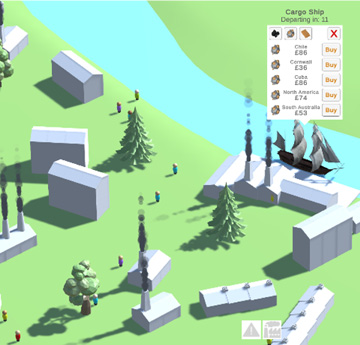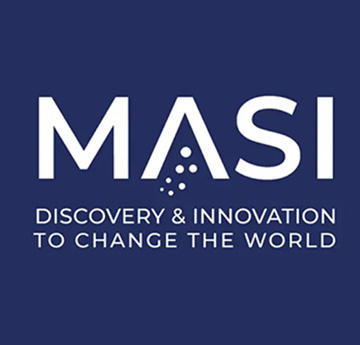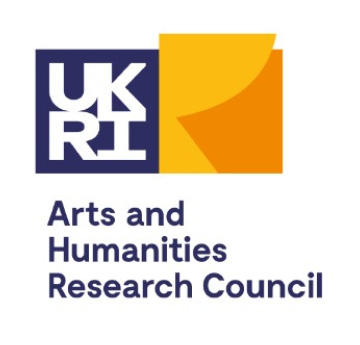Addressing complex narratives around climate change and industrial heritage can be daunting. The remnants of Swansea's 19th-century copper industry offer lessons about environmental sustainability, which traditional teaching methods may not fully convey.
Researchers from Swansea University have developed game-based methods to climate understanding. Funded by the AHRC and Swansea University’s Morgan Advanced Studies Institute (MASI), initiatives like Kirsti Bohata's AHRC “Game Changing” Design Accelerator, Alex Langlands' Copper Game, and Geraldine Lublin's project on Creating Sustainable Futures through Game Design are using digital and pen-and-paper game designs to educate young and adult learners about climate change and heritage.
These pilot projects aim to address a range of climate, sustainability, and biodiversity related topics. Post-industrial habitat restoration can connect people with their home places' histories through educational games. A digital Copper Game gamifies industrial growth and its environmental impact, offering tree planting as a mitigation measure. Co-designing paper-based games has enabled secondary school pupils to explore theme of land use for food, nature and climate, while workshops for primary school students foster the creation of sustainability-themed educational games, nurturing understanding, agency and commitment to planetary sustainability.




